Lancaster University
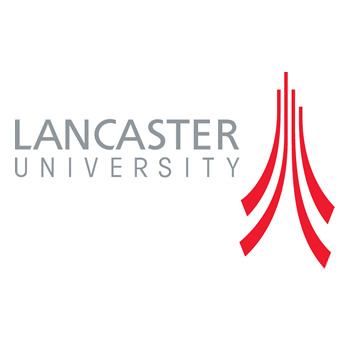
Founded: 1947
Address: Bailrigg - Lancashire, United Kingdom
Phone: +44 1524 592028
Address: Bailrigg - Lancashire, United Kingdom
Phone: +44 1524 592028
Here you find out Lancaster University complete information about fees, location, degree Lancaster University offers, number, website, and much more. Lancaster University is a leading university in Lancashire - United Kingdom.
You can also find out jobs at Lancaster University for students, teachers, and professors. We also update the database for an internship at Lancaster University for students.
Lancaster University is an internationally highly-ranked leader in the provision of inspiring teaching and research. Located on a beautiful campus in the North West of England, the University places great emphasis on a strong student experience and employability and gives students access to academics who are experts in their field.
Lancaster is one of only a handful of universities with a... collegiate system which has helped to forge a strong sense of identity and loyalty, and continues to be a distinctive feature of student life at Lancaster. Students from one hundred countries make up a thriving community based around our nine colleges, creating a culturally diverse campus in a location that boasts the combination of city, coast and countryside.
Lancaster"s community extends far beyond the campus with research, teaching and student exchange partnerships with leading universities and institutions in 24 countries around the world. Lancaster"s journey has been a remarkable one, and it is now one of the top universities in the world, with an ambitious strategic plan. The Lancaster University campus occupies a beautiful 560-acre parkland site at Bailrigg, just three miles from Lancaster City Centre. Since then, Lancaster University has risen to become one of Britain"s top universities, with over 12,000 students and 2,500 employees within the Bailrigg campus that is now almost a small town in its own right. See our Campus Map.
Banks & Shops: The campus is home to two banks, a post office, supermarkets and general stores, a bakery, hairdresser, charity shop – and even an ice cream parlour! Food & Drink: There are dozens of places to eat and drink across the campus, with cafes, restaurants and nine college bars - each one reminiscent of its college’s individual character.
Our multi-faith Chaplaincy Centre includes facilities for the Baha"i, Buddhist, Christian, Hindu, Islam and Jewish faiths and also a Muslim Prayer Room. The on-campus Pre-School Centre cares for over 150 children in eight playrooms, a sensory room and enclosed outdoor play areas. Health Services include an NHS doctor"s surgery, a pharmacy and a private dentist on the campus.
The Bailrigg campus is brimming with culture and boasts its own theatre, art gallery and concert series. The Nuffield Theatre is one of the largest professional studio theatres in Europe. It hosts public performances of theatre, contemporary dance and live art from some of the best-known and respected companies from the UK and abroad. The Peter Scott Gallery is a small gem of a contemporary art gallery, open to the public free of charge. The gallery is also home to the University"s international art collection, that includes Japanese and Chinese art, antiquities, works by twentieth century British artists and prints by significant European names such as Dürer, Miró, Ernst and Vasarely.
Between October and March you will find a varied programme of music on campus including orchestral concerts, chamber music, jazz, world music, opera and new music. Lancaster students enjoy a vast green-field site with wonderful views of mountains and sea, yet the campus is just 5 minutes" drive from the M6 motorway and ten minutes from the main West Coast railway with direct services to Manchester, London and Scotland. Furthermore, as part of our travel plan we have one of the most frequent university bus services in the country, one of the highest employee cycling rates in Lancashire (a traffic-free cycle route links the campus to the outskirts of the city) and our own car sharing scheme.
In 1947 a public meeting in Lancaster endorsed a proposal that there might be a university college established in the city. Although the idea lapsed for lack of government funding, in early 1961 it was revived by Lancashire County Council, and a Promotion Committee for a University in North-West Lancashire, chaired by Lord Derby, presented a proposal to the University Grants Committee for Lancaster to be chosen.
On 23 November 1961 an announcement was made in the House of Commons to that effect, and two bodies were set up to bring the new institution to life: an Academic Planning Board, chaired by Sir Noel Hall of Brasenose College, Oxford, and an Executive Council for the Establishment of a University at Lancaster, chaired by Sir Alfred Bates.
The founding vice-chancellor, Charles Carter, came into post on 1 April 1963, on 14 September 1964 HM the Queen approved the Charter and Statutes, and the first students were admitted in October 1964 to study for degrees that were from the outset to be conferred by the university. Teaching took place at St Leonard"s House, and students were accommodated in lodgings in Morecambe or Lancaster. HRH Princess Alexandra was installed as Chancellor in November 1964 and remained in post until December 2004. The transfer of departments from Lancaster to Bailrigg took place between 1966 and 1970, at the same time as the first four colleges were being established, enabling students to come into residence from 1968 onwards.
The founding subjects were in the natural sciences, business subjects, and the humanities, including an emphasis on modern languages, while the second generation of subjects focused particularly on social sciences and technology. Four colleges were initially set up: Bowland and Lonsdale, Cartmel and County, and another five followed by 1990; Furness and Fylde, Pendle and Grizedale, and the Graduate College. Much time and effort was expended in building up the physical form and infrastructure of the university, including an increasing amount of space for research, and in the first decade of the new millennium a major expansion of residential accommodation took place at Alexandra Park, enabling all new students to have a room of their own, and most of other years who wished to be in residence to do so.
From the outset the university was committed to undertaking research as well as teaching, and many successful teams built on early initiatives; for example, on the environment, low temperature physics, or the study of the creative arts.
The seven research assessment exercises between 1986 and 2014 saw Lancaster rising steadily in the ascendant, especially in 1992 when the institution appeared in the top ten overall for the first time. Furthermore, Lancaster is highly ranked in each of the UK"s major university league tables, including The Guardian (10th) the Complete University Guide (9th) and the Times (11th). The University has maintained its outstanding research reputation, and continuously seeks ways in which its research can be applied for the good of society. This work includes the development of three knowledge business centres, based on InfoLab21, the Management School, and the Lancaster Environment Centre.
The University now has about twelve thousand full-time students studying at Lancaster for first and higher degrees, and about seven hundred academic staff out of a total staff complement of over two thousand. In addition, the university confers the degrees of two colleges at Blackburn and Blackpool and has partnerships with higher education establishments overseas, including Sunway University College in Kuala Lumpur and the Federal University of Lavras in Brazil.
You can also find out jobs at Lancaster University for students, teachers, and professors. We also update the database for an internship at Lancaster University for students.
Lancaster University is an internationally highly-ranked leader in the provision of inspiring teaching and research. Located on a beautiful campus in the North West of England, the University places great emphasis on a strong student experience and employability and gives students access to academics who are experts in their field.
Lancaster is one of only a handful of universities with a... collegiate system which has helped to forge a strong sense of identity and loyalty, and continues to be a distinctive feature of student life at Lancaster. Students from one hundred countries make up a thriving community based around our nine colleges, creating a culturally diverse campus in a location that boasts the combination of city, coast and countryside.
Lancaster"s community extends far beyond the campus with research, teaching and student exchange partnerships with leading universities and institutions in 24 countries around the world. Lancaster"s journey has been a remarkable one, and it is now one of the top universities in the world, with an ambitious strategic plan. The Lancaster University campus occupies a beautiful 560-acre parkland site at Bailrigg, just three miles from Lancaster City Centre. Since then, Lancaster University has risen to become one of Britain"s top universities, with over 12,000 students and 2,500 employees within the Bailrigg campus that is now almost a small town in its own right. See our Campus Map.
Banks & Shops: The campus is home to two banks, a post office, supermarkets and general stores, a bakery, hairdresser, charity shop – and even an ice cream parlour! Food & Drink: There are dozens of places to eat and drink across the campus, with cafes, restaurants and nine college bars - each one reminiscent of its college’s individual character.
Our multi-faith Chaplaincy Centre includes facilities for the Baha"i, Buddhist, Christian, Hindu, Islam and Jewish faiths and also a Muslim Prayer Room. The on-campus Pre-School Centre cares for over 150 children in eight playrooms, a sensory room and enclosed outdoor play areas. Health Services include an NHS doctor"s surgery, a pharmacy and a private dentist on the campus.
The Bailrigg campus is brimming with culture and boasts its own theatre, art gallery and concert series. The Nuffield Theatre is one of the largest professional studio theatres in Europe. It hosts public performances of theatre, contemporary dance and live art from some of the best-known and respected companies from the UK and abroad. The Peter Scott Gallery is a small gem of a contemporary art gallery, open to the public free of charge. The gallery is also home to the University"s international art collection, that includes Japanese and Chinese art, antiquities, works by twentieth century British artists and prints by significant European names such as Dürer, Miró, Ernst and Vasarely.
Between October and March you will find a varied programme of music on campus including orchestral concerts, chamber music, jazz, world music, opera and new music. Lancaster students enjoy a vast green-field site with wonderful views of mountains and sea, yet the campus is just 5 minutes" drive from the M6 motorway and ten minutes from the main West Coast railway with direct services to Manchester, London and Scotland. Furthermore, as part of our travel plan we have one of the most frequent university bus services in the country, one of the highest employee cycling rates in Lancashire (a traffic-free cycle route links the campus to the outskirts of the city) and our own car sharing scheme.
In 1947 a public meeting in Lancaster endorsed a proposal that there might be a university college established in the city. Although the idea lapsed for lack of government funding, in early 1961 it was revived by Lancashire County Council, and a Promotion Committee for a University in North-West Lancashire, chaired by Lord Derby, presented a proposal to the University Grants Committee for Lancaster to be chosen.
On 23 November 1961 an announcement was made in the House of Commons to that effect, and two bodies were set up to bring the new institution to life: an Academic Planning Board, chaired by Sir Noel Hall of Brasenose College, Oxford, and an Executive Council for the Establishment of a University at Lancaster, chaired by Sir Alfred Bates.
The founding vice-chancellor, Charles Carter, came into post on 1 April 1963, on 14 September 1964 HM the Queen approved the Charter and Statutes, and the first students were admitted in October 1964 to study for degrees that were from the outset to be conferred by the university. Teaching took place at St Leonard"s House, and students were accommodated in lodgings in Morecambe or Lancaster. HRH Princess Alexandra was installed as Chancellor in November 1964 and remained in post until December 2004. The transfer of departments from Lancaster to Bailrigg took place between 1966 and 1970, at the same time as the first four colleges were being established, enabling students to come into residence from 1968 onwards.
The founding subjects were in the natural sciences, business subjects, and the humanities, including an emphasis on modern languages, while the second generation of subjects focused particularly on social sciences and technology. Four colleges were initially set up: Bowland and Lonsdale, Cartmel and County, and another five followed by 1990; Furness and Fylde, Pendle and Grizedale, and the Graduate College. Much time and effort was expended in building up the physical form and infrastructure of the university, including an increasing amount of space for research, and in the first decade of the new millennium a major expansion of residential accommodation took place at Alexandra Park, enabling all new students to have a room of their own, and most of other years who wished to be in residence to do so.
From the outset the university was committed to undertaking research as well as teaching, and many successful teams built on early initiatives; for example, on the environment, low temperature physics, or the study of the creative arts.
The seven research assessment exercises between 1986 and 2014 saw Lancaster rising steadily in the ascendant, especially in 1992 when the institution appeared in the top ten overall for the first time. Furthermore, Lancaster is highly ranked in each of the UK"s major university league tables, including The Guardian (10th) the Complete University Guide (9th) and the Times (11th). The University has maintained its outstanding research reputation, and continuously seeks ways in which its research can be applied for the good of society. This work includes the development of three knowledge business centres, based on InfoLab21, the Management School, and the Lancaster Environment Centre.
The University now has about twelve thousand full-time students studying at Lancaster for first and higher degrees, and about seven hundred academic staff out of a total staff complement of over two thousand. In addition, the university confers the degrees of two colleges at Blackburn and Blackpool and has partnerships with higher education establishments overseas, including Sunway University College in Kuala Lumpur and the Federal University of Lavras in Brazil.
Read More
Details:
LeaderShip: Chancellor: Rt Hon Alan Milburn
Fees:
Time:
Phone Number: +44 1524 592028
City: Lancashire
Fees:
Time:
Phone Number: +44 1524 592028
City: Lancashire
Timing:
Country: United Kingdom
Staff:
Website: http://www.lancs.ac.uk
Country: United Kingdom
Staff:
Website: http://www.lancs.ac.uk
Subjects:
Video:
Jobs in Lancaster University
Currently, there is no job opening in Lancaster University as per our database.

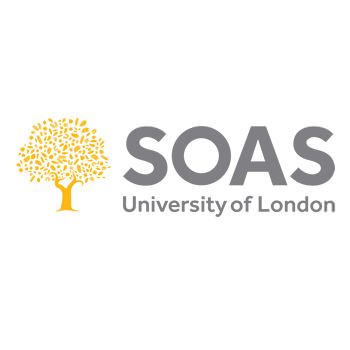
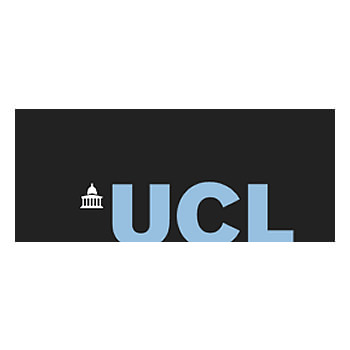
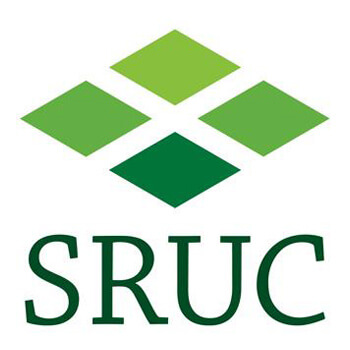
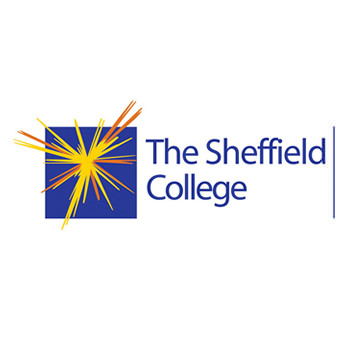
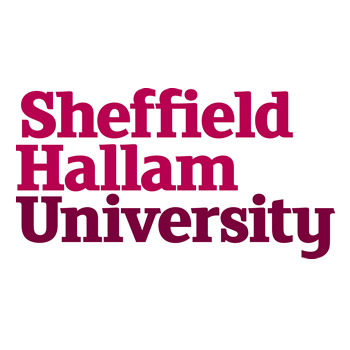
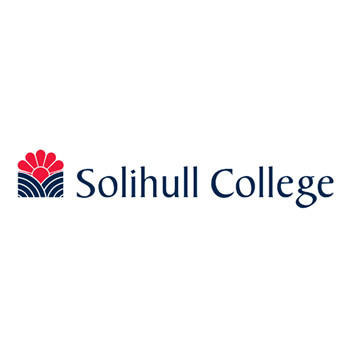
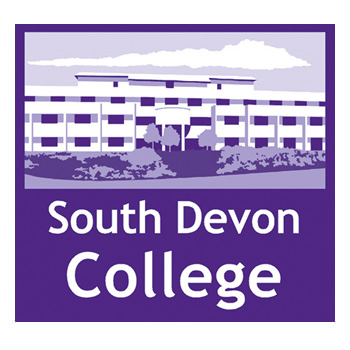





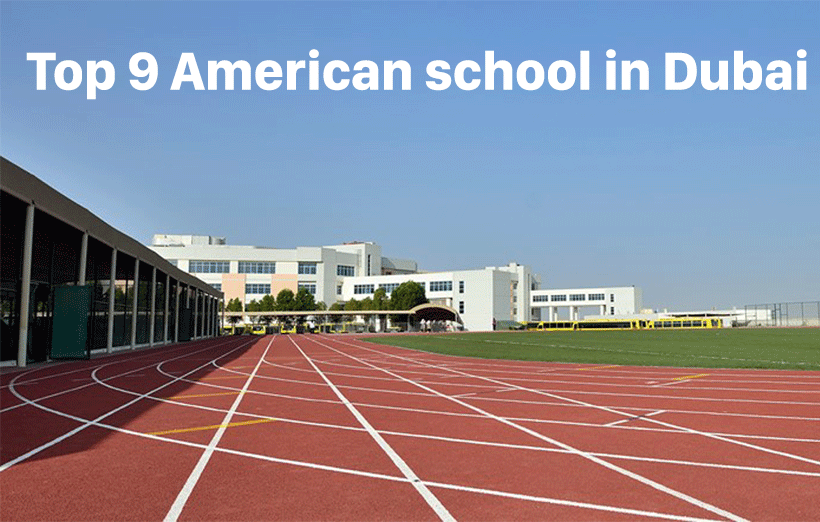





Leave a Reply